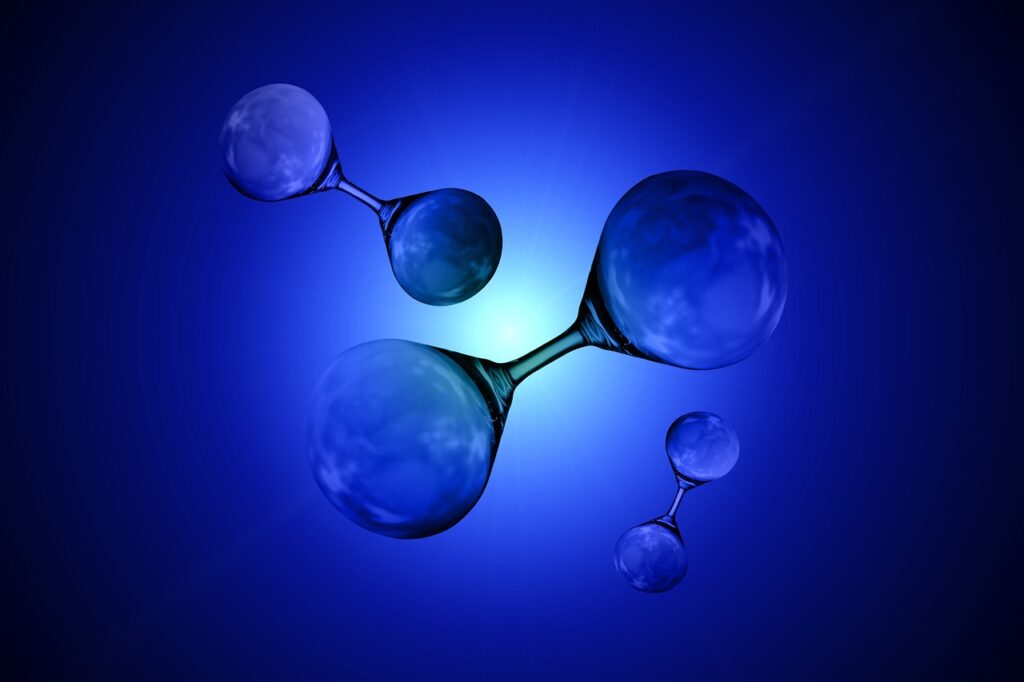State Secretary for the Environment Dr. Andre Baumann inaugurated the SmartBio-H2-BW biorefinery in Rheinfelden, Baden.
This facility, located at the Evonik site and coordinated by the Fraunhofer Institute, aims to produce green hydrogen and organic raw materials using rinse water and residual materials.
The SmartBio-H2-BW plant is part of Baden-Württemberg’s broader initiative, “Bioeconomy – Biorefineries for the extraction of raw materials from waste and wastewater – Bio-Ab-Cycling.” Launched in October 2021, the program uses state funds and the European Regional Development Fund (ERDF) to support modular biorefineries. The aim is to test the recovery of high-quality raw materials from waste and wastewater. While this initiative is innovative, its success depends on overcoming technical and economic hurdles that have historically plagued similar projects.
The biorefinery integrates two biotechnological processes: fermentative dark photosynthesis by purple bacteria and a two-stage microalgae process. Using industrial waste, the plant produces hydrogen and bio-based products. However, the scalability and economic viability of these processes remain unproven on a commercial scale. The plant’s reliance on industrial waste sources, such as rinse water containing ethanol, adds complexity to its operational stability and consistency.
The plant employs advanced technologies developed by the Fraunhofer Institute IGB in Stuttgart. Purple bacteria like Rhodospirillum rubrum utilize ethanol from rinse water as an energy source, while microalgae bind CO2 and produce starch. A new photobioreactor system aims to increase hydrogen yield. While these technologies are promising, they are still in the testing phase, and their long-term performance and cost-effectiveness are yet to be determined.
A significant challenge in green hydrogen production is the cost of stack components, dominated by the need for corrosion-resistant materials like titanium. The economic feasibility of producing hydrogen at competitive prices remains a key issue. Innovations in cost-efficient materials and process optimization are critical to making these biotechnologies commercially viable.
Evonik Industries, one of the world’s largest specialty chemical manufacturers, hosts the biorefinery at its Rheinfelden site. Evonik has historically produced hydrogen from natural gas on-site for various production processes. Transitioning to green hydrogen aligns with the company’s goal of driving industrial sustainability. However, the practical implications of this transition, including costs and integration into existing processes, need thorough evaluation.
The State Secretary’s endorsement and the involvement of numerous politicians highlight the government’s support for the project. However, long-term success will depend on continuous governmental and private sector investment, as well as policy frameworks that promote technological innovation while ensuring economic sustainability.
